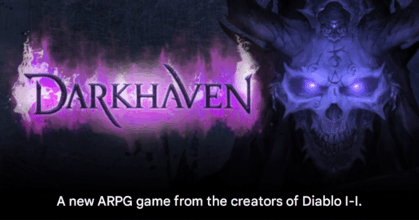72 Percent of Developers Say Steam Has PC Gaming Monopoly

According to a recent industry survey of more than three-hundred executives from major US and UK game companies, 72 percent of respondents either strongly or slightly agreed that Steam functions as a monopoly in the PC gaming market. The study also found that 88 percent of those surveyed said that the platform accounts for at least seventy-five per cent of their revenue, with thirty-seven per cent reporting that Steam brings in ninety per cent of their total earnings. While alternate storefronts such as Epic Games Store, GOG and itch.io exist, developers say none come close to matching Steam’s reach, discoverability and ecosystem support.

This heavy reliance on Steam has raised concerns within the industry about diversity in distribution and developer leverage. Many developers fear being locked into a single dominant marketplace with little choice but to comply with its rules and revenue share. The survey indicates that eighty per cent of respondents expect to diversify away from Steam and adopt alternative distribution channels within the next five years. However, that shift may be harder to realize than it appears.
For gamers across Southeast Asia, this finding matters because it highlights how global PC game economics affect regional markets. When one distribution platform holds outsized power, pricing, visibility and availability may skew in ways that disadvantage certain regions or niches. As the landscape shifts, players in SEA may benefit if alternatives gain stronger footholds or see improved competition.
Despite the tension, Steam’s dominance is not a legal monopoly in every sense, but the perceptions of developers reveal how powerful the platform has become. The size, discoverability, user base and entrenched habits make it the go-to choose for many and breaking that morale and economic inertia will require significant effort and change. The future of PC game distribution may hinge on whether developers and players push beyond simply using the massive incumbent to trusting new markets and platforms.
THIS IS our take:
When nearly three in four developers say one platform controls the market, it’s time for players and creators in Southeast Asia to care about where their games live and who controls the storefront behind them because one giant store may mean one giant worry.
Origin: techspot





